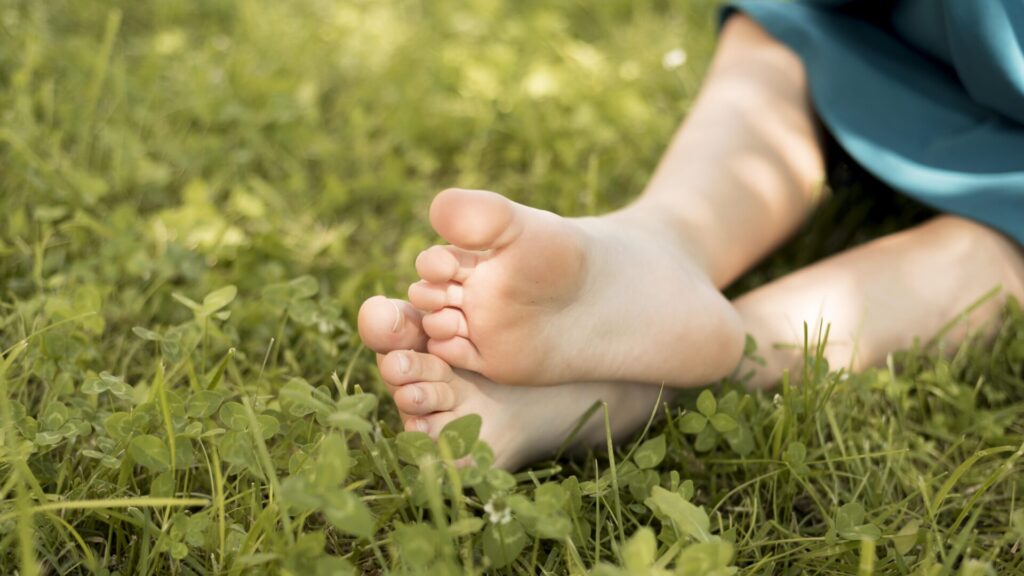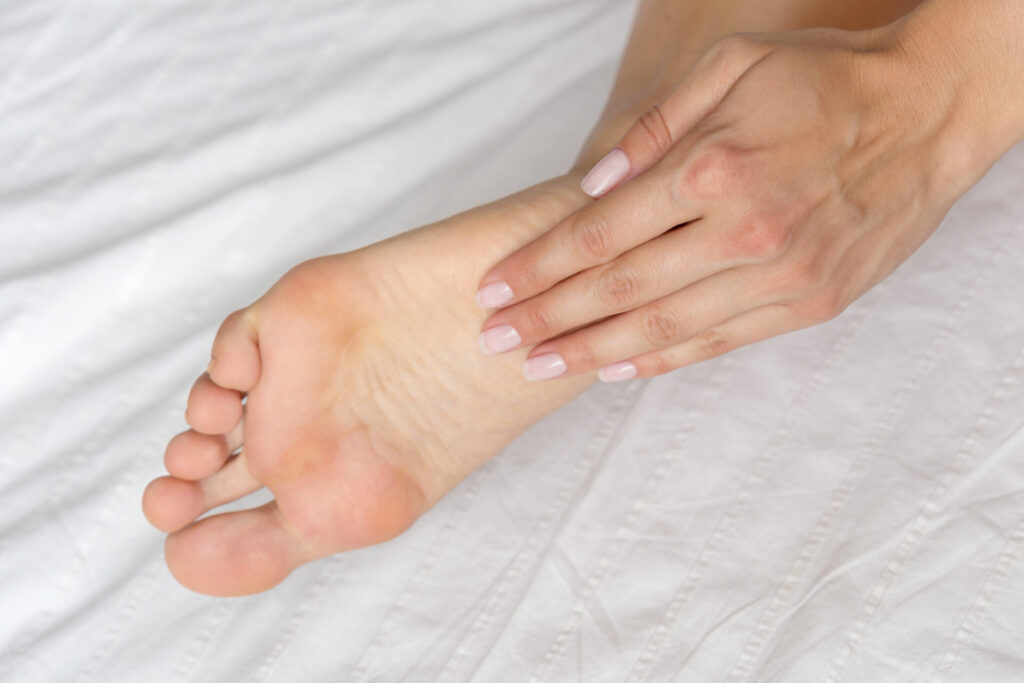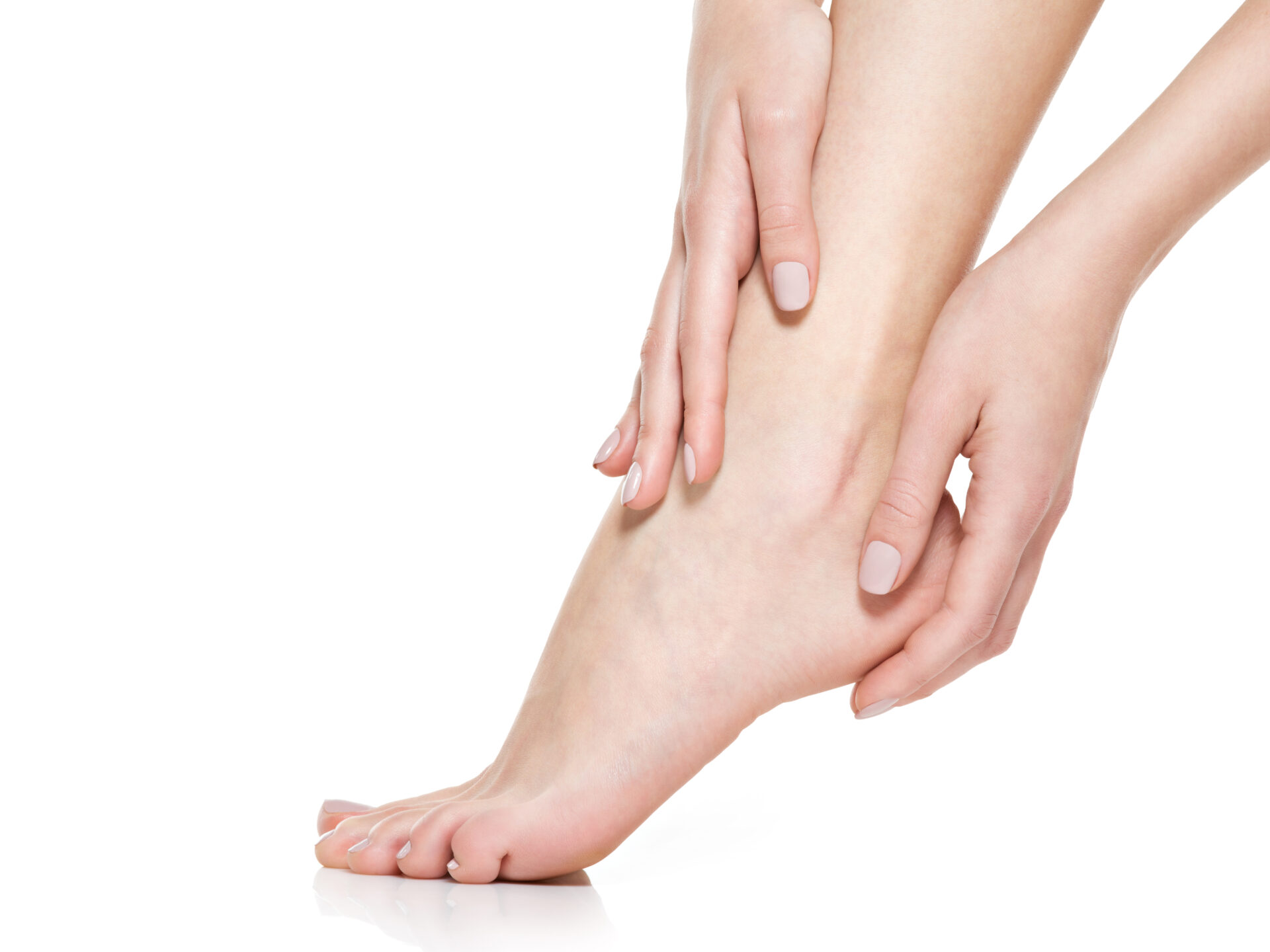Foot Odor: Tackling the Stinky Feet Problem
Contents
- 1 Foot Odor: Tackling the Stinky Feet Problem
- 1.1 Introduction:
- 1.2 Understanding Foot Odor:
- 1.3 read more posts
- 1.4 Causes of Foot Odor:
- 1.5 read more posts
- 1.6 Treatment Options:
- 1.7 read more posts
- 1.8 Prevention Strategies:
- 1.9 read more posts
- 1.10 Lifestyle Changes:
- 1.11 read more posts
- 1.12 Conclusion:
- 1.13 read more posts
- 1.14 Frequently Asked Questions (FAQs) with Answers:
- 1.15 read more posts
Read DISCLAIMER
Discover effective strategies for tackling foot odor, including treatments, prevention tips, and lifestyle adjustments. Learn how to manage this common issue and regain confidence in your footwear.
Introduction:
Scientifically referred to as bromodosis, foot odour is a common problem that affects people of all ages and activities. It might not present serious health hazards, but it can have a big influence on social relationships, self-esteem, and personal cleanliness. We explore the topic of foot odour in this comprehensive guide, hoping to offer thorough understandings of its causes, effective treatments, preventative measures, and lifestyle changes to help with this prevalent yet annoying problem.
Understanding Foot Odor:

Recognizing the complex interactions between perspiration and bacterial activity on the skin’s surface is necessary to comprehend foot odour. Sweat glands, especially eccrine glands, which control body temperature through sweating, are widely distributed throughout the foot. The feet are more likely to sweat more than other parts of the body, such the armpits, since they have a larger density of sweat glands.
Sweat produces a warm, wet environment that is perfect for the growth of germs when it builds up on the skin’s surface. A wide variety of bacteria are naturally found on the skin, including species that do well in such environments as Corynebacterium and Staphylococcus epidermidis. Sweat contains lipids and amino acids, which these bacteria break down into volatile chemical compounds when they come into touch with it (VOCs).
These volatile organic compounds (VOCs), which include substances like isovaleric acid and other sulfur-containing chemicals, release unique smells that are frequently regarded as disagreeable or repulsive. In addition, the limited area in shoes and socks makes it harder for perspiration and germs to accumulate, which increases the synthesis of odorous substances. As a result, the distinctive smell known as foot odour, or bromodosis, is the result of both excessive perspiration and bacterial activity on the skin surface of the feet.
It’s critical to understand that a complicated interplay between perspiration production, bacterial colonisation, and environmental variables causes foot odour rather than being entirely the result of poor hygiene. While some degree of relief from foot odour can be achieved by practising good foot cleanliness, effective therapy requires treating the underlying causes, such as excessive perspiration or bacterial overgrowth. People may use focused measures to reduce foot odour and preserve the health and comfort of their feet by knowing the mechanisms that cause it.
read more posts
Causes of Foot Odor:
There are many different variables that contribute to the growth of bacteria and the generation of odorous substances, which results in the many causes of foot odour. Below is a thorough explanation of every significant factor:
1. Bad Hygiene: Sweat and dead skin cells can accumulate on the skin’s surface due to poor foot hygiene, which is typified by infrequent washing or insufficient drying of the feet. These organic materials offer bacteria a nutrient-rich substrate on which to grow if they are not properly cleaned. Sweat and skin detritus are broken down by bacteria, which results in the production of odorous substances that lead to foot odour. Therefore, it’s crucial to practise regular foot hygiene to minimise foot odour and stop bacterial overgrowth. This includes washing your feet every day with soap and water and thoroughly drying them.
2. Excessive Sweating (Hyperhidrosis): Sweating excessively more than is required for thermoregulation is a symptom of hyperhidrosis, a medical disorder. People who have hyperhidrosis may perspire excessively on many areas of their body, including their feet. The surface of the skin becomes more moist, which is perfect for the growth and activity of bacteria. Increased foot odour is caused by malodorous chemicals that bacteria create as they break down perspiration. Controlling hyperhidrosis with medication, topical therapies, or lifestyle changes might help lessen excessive perspiration and eliminate unpleasant foot odour.
3. Footwear Selections: The kind of shoes worn has a big impact on the development of foot odour. Closed-toe footwear composed of materials that are not permeable, such rubber or synthetic textiles, has the potential to retain heat and moisture, resulting in a moist atmosphere that is perfect for the growth of germs. Inadequate ventilation in closed shoes also prevents moisture from evaporating, which exacerbates sweat buildup and bacterial development. Choose shoes with breathable materials, such as canvas or leather, to reduce the smell of your feet. These materials promote greater moisture evaporation and ventilation, which lowers the chance of bacterial development and odour creation.
4. Fungi-related infections, such as Athlete’s Foot: Athlete’s foot (tinea pedis) and other fungal diseases can exacerbate foot odour by weakening the skin’s protective layer and making it more vulnerable to bacterial colonisation. Fungal organisms called dermatophytes, which flourish in warm, wet settings like sweaty feet, are the cause of athlete’s foot. As a result of the fungal infection, which causes skin irritation, redness, itching, and peeling, bacteria can proliferate and generate foul-smelling chemicals. To treat underlying skin conditions and stop recurring foot odour, fungal infections must be properly treated with antifungal drugs.
People may effectively control foot odour and preserve foot health and comfort by addressing these contributing variables through appropriate footwear choices, focused treatments for underlying disorders, and adequate hygiene habits.
read more posts
Treatment Options:

Below is a thorough explanation of each foot odour treatment option:
1. Maintaining Proper Hygiene: The first step in controlling foot odour is keeping your feet clean. Every day, wash your feet with warm water and a light soap, being careful to get into the crevices between your toes, which are breeding grounds for germs. To get rid of dead skin cells from the soles of your feet, gently exfoliate them with a soft brush or towel. Dry your feet completely after washing, paying specific attention to any places where moisture may collect, such the space between your toes and soles. Making sure your feet are fully dry will help stop bacterial multiplication and reduce foot odour since moisture creates the perfect habitat for bacterial development.
2. Foot Soaks: A soothing and practical method of cleaning the feet, getting rid of germs, and lessening foot odour is to conduct foot soaks. To make a foot soak, fill a basin with warm water and add items like Epsom salt, which may help relieve sore feet and has antibacterial qualities. As an alternative, you may get rid of the fungus and bacteria that cause stink by soaking your feet in vinegar or tea tree oil. After soaking your feet for ten to fifteen minutes, wipe them dry and apply moisturiser if needed. Over time, regular foot soaks can help keep feet clean and minimise foot odour.
3. Antiperspirants: Using an antiperspirant on the feet will help reduce excessive perspiration, which in turn lessens moisture and foot odour. Seek for deodorants designed especially for your feet. They could include compounds like aluminium chloride or aluminium chlorohydrate, which function by temporarily obstructing sweat glands. Before going to bed, apply the antiperspirant on your dry, clean feet and let it absorb for the whole night. If you have sensitive skin or allergies, proceed with caution and stop using the product immediately if irritation arises.
4. Foot Powders: To absorb moisture and eliminate germs that cause odour on the feet, foot powders or sprays are used. Seek for products with substances like talcum powder, which helps absorb excess moisture and keeps the feet dry, or baking soda, which has natural deodorising qualities. Dust clean, dry feet with foot powder, paying special attention to sweat-prone regions like the soles and in between the toes. Reapply as needed during the day to keep your feet fresh and reduce odour.
5. Wear Breathable Footwear: Selecting shoes with materials that allow for improved airflow and moisture evaporation, such as leather, canvas, or mesh, lowers the possibility of bacterial development and bad odour. Steer clear of synthetic-material shoes, since they have the potential to retain heat and moisture, which can foster the growth of germs. Additionally, choose moisture-wicking socks that assist absorb perspiration and keep your feet fresh. These socks are composed of materials like cotton or bamboo. To help them breathe and prevent moisture buildup, switch up your shoe rotation on a regular basis.
By incorporating these treatment options into your foot care routine and practicing good foot hygiene, you can effectively manage foot odor and enjoy fresh, odor-free feet.
read more posts
Prevention Strategies:
Below is a thorough explanation of each foot odour control method:
1. Practice Good Foot Hygiene: The best defence against foot odour is to keep your feet clean. Every day, wash your feet in warm water with a mild soap, making sure to get between your toes and scrape the soles to get rid of germs and dead skin cells. Dry your feet completely after washing, paying careful attention to the spaces between your toes, since dampness serves as a haven for germs. To help absorb perspiration and keep your feet dry, use moisture-wicking socks made of materials like cotton or bamboo. Change your socks frequently, preferably every day. To avoid germs and moisture buildup, make sure your shoes are dry and clean before wearing them.
2. Rotate Footwear: By letting various pairs of shoes air out and fully dry between wears, you may minimise moisture buildup, the chance of bacterial development, and the smell of your feet. Refrain from wearing the same shoes twice in a row, particularly if they get hot or wet while being worn. You may preserve foot hygiene and increase the longevity of your shoes by rotating them.
3. Pick Breathable Fabrics: To encourage ventilation and reduce sweat buildup, choose socks and shoes composed of breathable materials. Select shoes composed of natural materials, such as canvas or leather, as they permit moisture to escape more readily than those made of synthetic materials. Likewise, choose moisture-wicking socks to encourage ventilation by drawing perspiration away from the skin. In addition to keeping your feet dry, breathable socks and shoes also lessen the chance of bacterial development and unpleasant foot odour.
4. Use Shoe Inserts: Adding ventilated insoles or orthotic inserts to your shoes can aid with moisture absorption, support and cushioning, and odour reduction. Select insoles composed of materials that absorb perspiration and neutralise odour, such as bamboo, charcoal, or certain moisture-wicking textiles. Furthermore, orthotic inserts can lessen pressure spots and assist realign the feet, which helps stop excessive perspiration and friction that lead to bad foot odour.
5. Take Quick Care of Fungal Infections: By producing skin irritation, inflammation, and increased susceptibility to bacterial colonisation, fungus infections, including athlete’s foot, can aggravate foot odour. In the event that you have symptoms of a fungal infection, such as skin peeling, redness, or itching, get medical attention right once. Oral or topical antifungal drugs can help treat the fungal infection and stop it from coming back, which will lessen foot odour caused by fungal overgrowth.
You may successfully reduce the danger of foot odour and preserve the health and comfort of your feet by implementing these preventative techniques into your daily routine and maintaining regular foot care practises.
read more posts
Lifestyle Changes:
Here’s a more detailed explanation of each lifestyle change for managing foot odor:
1. Keep Your Weight in Check: Being overweight can lead to more sweating because adipose tissue, or body fat, acts as an insulator, trapping heat and encouraging perspiration. Additionally, those who are obese or overweight may feel greater pressure and friction on their feet, which can increase perspiration and the risk of developing bad breath. By eating a balanced diet and doing regular exercise, you may prevent foot odour and lessen the strain on your sweat glands by keeping a healthy weight. Including aerobic, strength, and flexibility workouts in your programme will help you become more fit overall and control your perspiration.
2. Control Stress: The sympathetic nervous system, which is the body’s reaction to stress, is activated, which increases sweat gland activity. Stress is a common cause of excessive perspiration. Prolonged stress can cause perspiration, especially on the palms, soles of the feet, and underarms, which can exacerbate foot odour. Sweating control and stress reduction can be achieved by engaging in stress-reduction practises such progressive muscular relaxation, yoga, deep breathing exercises, and mindfulness meditation. Other useful techniques for reducing foot odour and controlling stress include getting regular exercise, going outside, and keeping a healthy work-life balance.
3. Restrict Some Meals: Some foods and drinks may include substances that the body metabolises and excretes through perspiration, which can cause body odour, including foot odour. Sulfur-containing chemicals found in meals like garlic, onions, and spicy foods can give perspiration a pungent smell as they are digested. Furthermore, eating a lot of specific spices or strong tastes could make your body smell worse. Reducing the amount of these items in your diet may assist with foot odour. Instead, concentrate on increasing your intake of fresh produce, healthy grains, lean meats, and fruits. These foods can improve your general health and perhaps lessen the effects of body odour.
You may successfully manage this widespread problem and supplement conventional treatments and preventative techniques for foot odour by implementing these lifestyle modifications into your daily routine. Sustaining a healthy weight, controlling stress, and paying attention to what you eat may all improve general wellbeing and prevent foot odour.
read more posts
Conclusion:
Despite being ubiquitous and frequently humiliating, foot odour may be efficiently handled with the appropriate strategy. People may considerably lessen or get rid of offensive odours by taking care of the underlying causes of foot odour, adopting good hygiene habits, selecting suitable footwear, and thinking about changing their lifestyle. It’s critical to keep in mind that foot odour is a treatable issue. People may restore their trust in their shoes and experience more comfort in their everyday lives with persistence and patience.
read more posts
Frequently Asked Questions (FAQs) with Answers:
1. Q: What causes foot odor?
A: Foot odor is primarily caused by the interaction of sweat and bacteria on the skin’s surface, resulting in the production of foul-smelling compounds.
2. Q: How can I treat foot odor?
A: Treatment options include proper hygiene, foot soaks, antiperspirants, foot powders, and wearing breathable footwear and socks.
3. Q: Are there any home remedies for foot odor?
A: Yes, home remedies such as foot soaks with ingredients like vinegar or tea tree oil, as well as using baking soda or talcum powder, can help alleviate foot odor.
4. Q: Can foot odor be a sign of a more serious medical condition?
A: In some cases, persistent foot odor may indicate an underlying medical condition such as fungal infections or hyperhidrosis. Consulting a healthcare professional is advisable for proper diagnosis and treatment.
5. Q: How often should I wash my feet to prevent foot odor?
A: It’s recommended to wash your feet daily with soap and water, ensuring thorough cleaning between the toes and drying them completely afterward.

I was reading some of your articles on this website and I think this web
site is rattling informative! Keep on putting up.!
Can you be more specific about the content of your article? After reading it, I still have some doubts. Hope you can help me.
Your point of view caught my eye and was very interesting. Thanks. I have a question for you.
We are a group of volunteers and starting a new scheme in our community. Your site provided us with useful info to work on. You’ve done a formidable job and our whole group will likely be thankful to you.
Thank you, your article surprised me, there is such an excellent point of view. Thank you for sharing, I learned a lot.